Insulin Injection is a life-saving medication used to manage blood sugar levels in individuals with diabetes mellitus. It helps control glucose levels in both type 1 diabetes (insulin-dependent) and type 2 diabetes (when oral medications and lifestyle changes are insufficient). Insulin is administered subcutaneously to mimic the body’s natural insulin production, enabling glucose to be absorbed by cells for energy.
- Active Ingredient: Insulin (Available types: Rapid-acting, Short-acting, Intermediate-acting, Long-acting, and Premixed formulations)
- Indications:
- Type 1 Diabetes Mellitus
- Type 2 Diabetes Mellitus (in advanced stages or for immediate glycemic control)
- Gestational Diabetes (during pregnancy)
- Hyperglycemia in critically ill patients
Key Features
- Effective Blood Sugar Control: Regulates glucose levels to prevent complications like hyperglycemia and hypoglycemia.
- Multiple Formulations: Tailored options for rapid, intermediate, or long-lasting effects, depending on individual needs.
- Flexibility in Administration: Available in pre-filled pens, vials, or cartridges for convenience and accuracy.
- Supports Diabetes Management: Works alongside diet, exercise, and other medications to maintain healthy glucose levels.
Types of Insulin
- Rapid-Acting Insulin: Works within minutes to control blood sugar spikes during meals (e.g., Lispro, Aspart).
- Short-Acting Insulin: Covers insulin needs for meals eaten within 30-60 minutes (e.g., Regular Insulin).
- Intermediate-Acting Insulin: Provides baseline coverage for half a day or overnight (e.g., NPH Insulin).
- Long-Acting Insulin: Maintains stable blood sugar levels over 24 hours (e.g., Glargine, Detemir).
- Premixed Insulin: Combines rapid/short-acting and intermediate-acting insulin for convenience.
How to Use
- Administration:
- Insulin is injected subcutaneously (under the skin) in areas such as the abdomen, thigh, upper arm, or buttocks.
- Rotate injection sites to prevent lipodystrophy (localized fat loss or buildup).
- Dosage:
- Dosage varies based on blood sugar levels, dietary intake, activity, and type of Insulin Injection. Follow your doctor’s prescription.
- Monitoring:
- Regular blood glucose monitoring is crucial to adjust insulin doses effectively.
Precautions
- Avoid Hypoglycemia: Do not skip meals after taking insulin to prevent dangerously low blood sugar levels.
- Injection Timing: Follow prescribed timings carefully (e.g., before meals for rapid-acting insulin).
- Storage: Keep insulin in the refrigerator (2°C-8°C). Once opened, it can be stored at room temperature for up to 28 days, depending on the formulation. Avoid freezing.
- Traveling: Keep insulin in a cool pack during travel. Carry a backup supply to avoid interruptions.
Side Effects
- Common Side Effects:
- Hypoglycemia (symptoms include sweating, shaking, dizziness, or confusion)
- Injection site reactions (redness, swelling, or itching)
- Weight gain
- Rare but Serious Side Effects:
- Severe hypoglycemia (requires emergency treatment)
- Allergic reactions (hives, difficulty breathing, or swelling)
- Lipodystrophy at the injection site
FAQ
1. What is insulin used for?
Insulin helps regulate blood sugar levels in individuals with type 1 or type 2 diabetes and during gestational diabetes.
2. How does insulin work?
Insulin allows glucose to enter cells for energy, reducing blood sugar levels. It mimics the natural hormone produced by the pancreas.
3. How often do I need to take insulin?
The frequency depends on the type of insulin prescribed and your blood sugar levels. Some people may need multiple daily injections, while others may use long-acting insulin once a day.
4. What happens if I miss a dose?
Missing a dose can lead to high blood sugar (hyperglycemia). Follow your doctor’s guidance on managing missed doses and monitor your blood sugar levels closely.
5. Can insulin be used with other diabetes medications?
Yes, insulin is often used alongside oral diabetes medications, such as metformin, to achieve better blood sugar control.
6. What should I do if I experience low blood sugar (hypoglycemia)?
Consume fast-acting carbohydrates (e.g., glucose tablets, fruit juice, or candy) immediately and recheck your blood sugar after 15 minutes. Seek medical attention if symptoms persist.
7. How should I store my insulin?
Unopened insulin should be stored in the refrigerator. Once opened, keep it at room temperature (below 30°C/86°F) and away from direct sunlight for up to 28 days or as directed.
8. Can I reuse insulin needles?
No, always use a new, sterile needle for each injection to avoid infections and ensure accurate dosing.


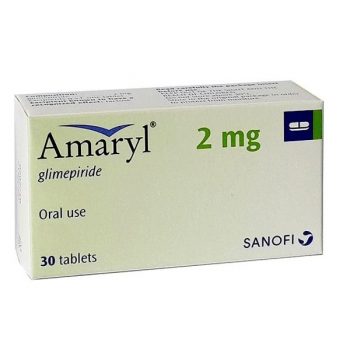
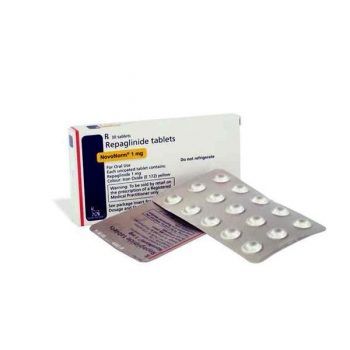
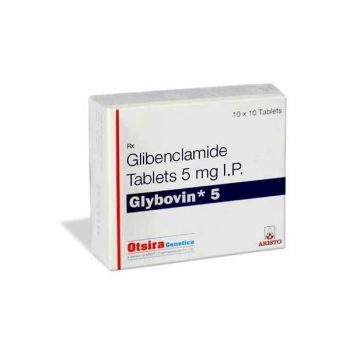

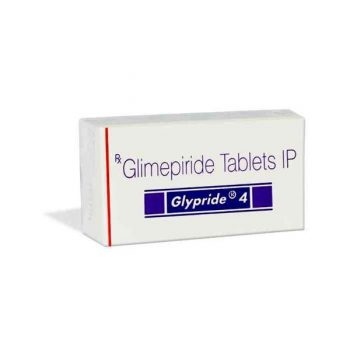
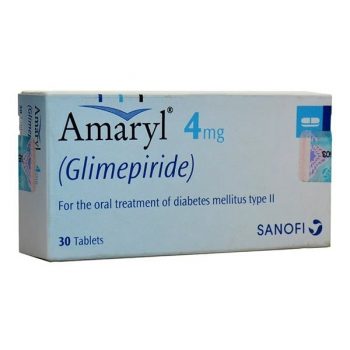
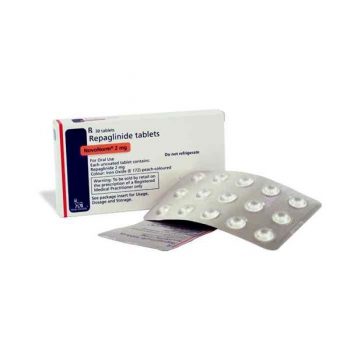
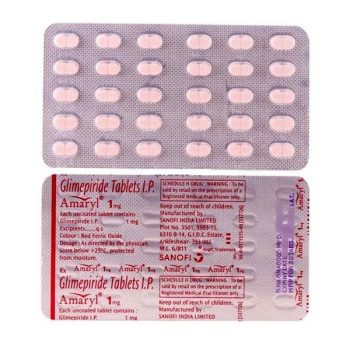
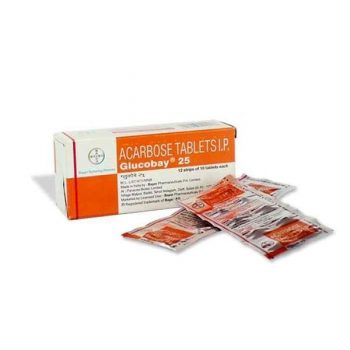
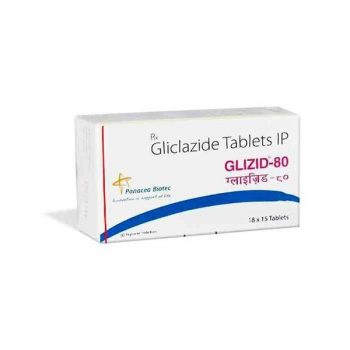
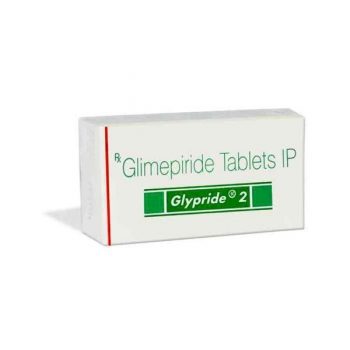
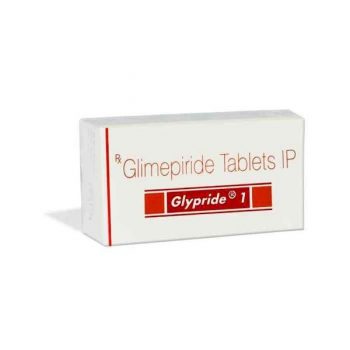
Reviews
There are no reviews yet.